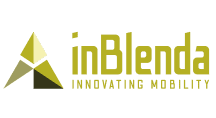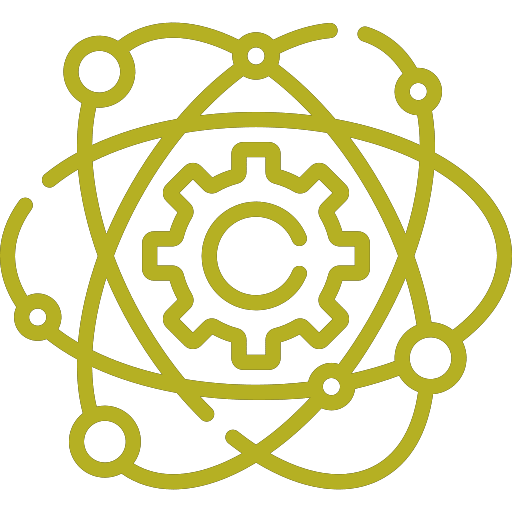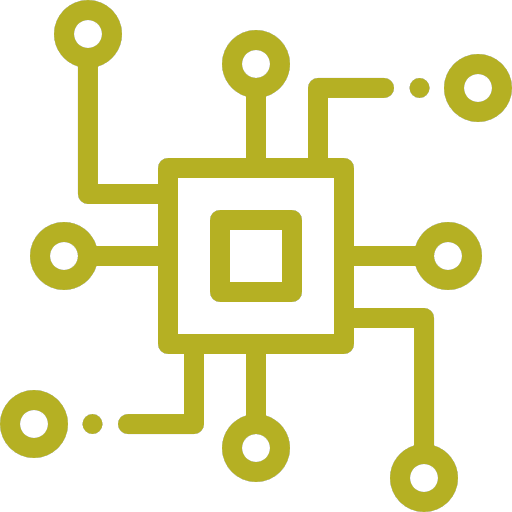Outline
- Introduction
- E-Mobility Engineering and Urban Mobility Challenges
- Urban Mobility Transformation with Innovative Mobility Solutions
- Embracing Future Trends in E-Mobility Engineering
- Leveraging Data Analytics for E-Mobility Engineering Innovation
- Engineering Consultants: Key to Smart Urban Mobility
- Enhancing E-Mobility Projects with Expert Consulting
- Conclusion
Introduction
Enhancing urban mobility with e-mobility trends is essential for modern cities. Urban Cities strive for efficiency, sustainability, and user-friendly transportation solutions. Integrating smart mobility and e-mobility engineering solution transforms urban transport. This addresses technical, economic, regulatory, and social challenges. This blog explores innovative mobility solutions and also future e-mobility trends. This blog also examines engineering consultant’s roles in overcoming obstacles. Creating a seamless urban mobility ecosystem for a better living.
E-Mobility Engineering and Urban Mobility Challenges
Integrating smart mobility with mobility engineering presents complex challenges. Technical hurdles include ensuring interoperability, managing data, and enhancing cybersecurity. Economic issues are high initial costs and securing adequate funding for the project. Regulatory compliance and standardization are also important for seamless integration and operations. Socially accepted projects and public awareness are key factors for user adoption. There are operational challenges that require reliable maintenance and scalability. Environmental concern focusses on sustainability and minimizing overall impact effectively. Collaboration among stakeholders is important to overcome all these challenges and develop urban mobility solutions effectively.
Urban Mobility Transformation with Innovative Mobility Solutions
Smart mobility solutions revolutionize urban transport system and significantly reduce city congestion. Real-time traffic management uses adaptive signals and dynamic lanes to improve vehicle flow. Vehicle-to-infrastructure (V2I) communication enhances overall traffic efficiency. Intelligent routing system helps drivers avoid congested and enter in areas with heavy traffic. Providing public transportation benefits from real-time tracking and integrated multi-modal systems. Data-driven decision-making enables better traffic management strategies and practices. Traffic analytics and predictive tools inform proactive traffic management measures. Infrastructure improvements, such as smart parking, aid in overall traffic management. Environmental benefits include reduced emissions and the promotion of sustainable transport solutions. Together, these solutions create a more efficient, less congested urban environment.
Embracing Future Trends in E-Mobility Engineering
The future of mobility engineering is driven by innovative mobility solutions. AI and machine learning will enhance autonomous driving and optimize routes effectively. Advanced battery technologies promise faster charging and improved safety measures. Charging infrastructure will expand to include fast-charging and wireless options. V2X communication will enhance traffic management and overall safety standards. Shared mobility services will grow, integrating electric and autonomous vehicles seamlessly. E-mobility will align with smart city initiatives to optimize urban transport. Enhanced connectivity through 5G and IoT will boost overall vehicle performance. Sustainability will drive the adoption of green technologies and eco-friendly materials. Policies and incentives will support broader electric vehicle adoption effectively. User-centric innovations will personalize and enhance the driving experience significantly.
Leveraging Data Analytics for E-Mobility Engineering Innovation
Engineering consulting firms transform e-mobility services by applying innovative strategies. They collect data from the devices, vehicles, and the environment. Real-time monitoring ensures vehicle charging efficiency is maximized. Predictive analysis helps optimize battery life and schedule necessary maintenance. Analyzing user behavior aids in customizing products to meet specific customer needs. Data helps plan optimal locations for charging stations accurately and helps manage the grid impact of EV charging. Innovative engineering consulting identifies operational inefficiencies and streamlines supply chain processes. Compliance and safety procedures are enhanced through continuous data monitoring. Market trends and efficient forecasting guide the development of new products. Big data platforms, machine learning, and cloud computing support these efforts. By integrating these strategies, firms make innovative solutions more efficient and user-friendly.
Engineering Consultants: Key to Smart Urban Mobility
Engineering consultants help integrate smart mobility into urban infrastructures. They conduct multiple mobility assessments to understand urban transportation patterns and emerging needs. Urban Feasibility studies evaluate the potential of innovative mobility solutions. Strategic planning aligns smart mobility initiatives with broader urban development goals. Consultants design smart infrastructure such as intelligent traffic signals and parking systems. Integrating the Internet of Things, Artificial Intelligence, and data analytics for seamless operations. Innovative engineering consulting ensures quality while managing timelines and budgets effectively. Selecting and deploying the best technologies for compatibility and cost-effectiveness is of utmost priority. Data systems collect and analyze urban traffic patterns and optimize overall performance along with regulations and safety standards for successful implementation. Engaging stakeholders and the public interest builds necessary support for e-mobility projects. Continuous improvement with the help of pilot projects and feedback refines and enhances innovative solutions. Collaboration with innovation hubs keeps cities at the forefront of urban advancements.
Enhancing E-Mobility Projects with Expert Consulting
Innovative engineering consulting enhances the lifecycle of e-mobility projects significantly. Consultants assess feasibility by studying market demand and regulatory landscapes thoroughly. They ensure projects are well-planned, minimizing risks and optimizing available resources. Engineers design electric vehicles (EVs) and charging infrastructure to meet performance and safety standards. Consultants oversee project execution, coordinate activities, and control budgets for effective planning. They apply industry best practices to mitigate risks and resolve issues. Testing and validation ensure products meet regulatory standards and achieve market acceptance. Consultants optimize operations, develop maintenance programs, and integrate advanced smart technologies. They emphasize sustainability by promoting eco-friendly practices and resource optimization methods. Incorporating circular economy principles ensures responsible end-of-life management for EV batteries. Overall, consultants provide innovative solutions, ensuring project success and long-term sustainability.
Conclusion
In conclusion, leveraging e-mobility engineering trends is essential for urban mobility. Addressing challenges and embracing innovative solutions leads to efficient, sustainable transportation systems. Integrating smart technologies, collaborative stakeholder efforts, and engineering consultants’ roles drive transport transformation. Continued innovation and adaptation promise a smarter, greener, more efficient future. This benefits both the environment and urban dwellers significantly.



